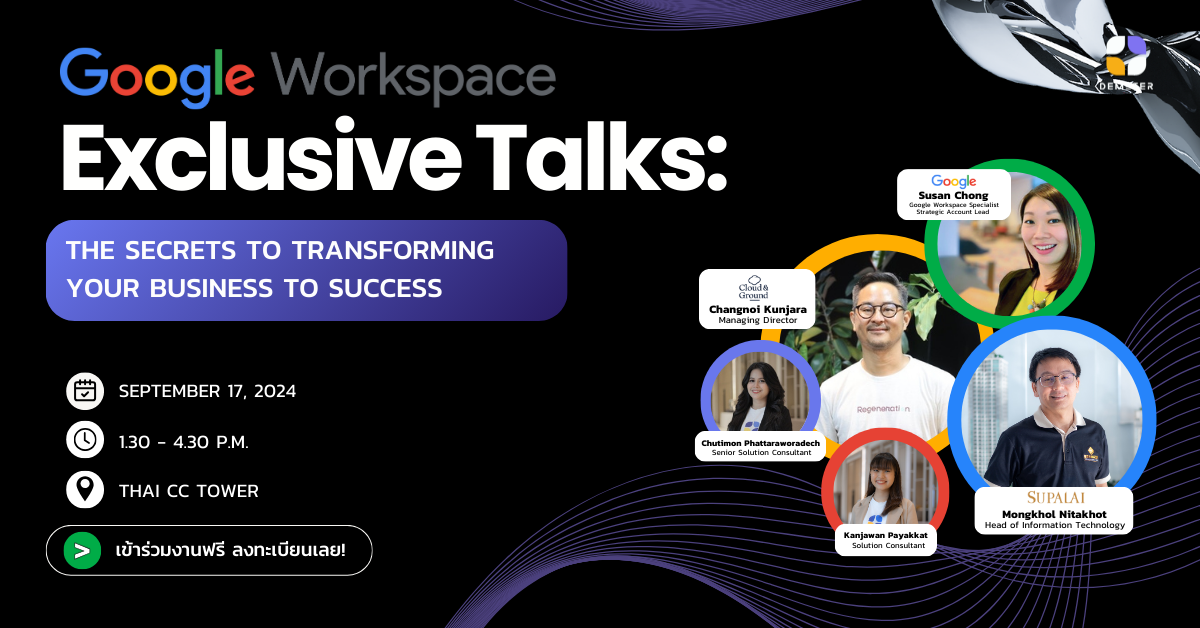These days AI is changing the customer experience in many ways. AI-powered chatbots and virtual assistants can answer questions that could only be answered by a human in the past. Personalized customer experience can now be offered without adding more people and processes.
This type of technology will play a huge role in customer interactions in the upcoming years, but this doesn’t mean that the human aspect will be eliminated. Humans will still be involved in up to half of customer interactions, but their role will lean heavily on utilising technology. Here is how customer support agents and intelligent technology will work in tandem to improve the customer experience in the upcoming years.
Self-service support gets more helpful
Usually self-service support is effective, but it has its limits. In the future, these limits will be much higher. More people will get their problems solved before needing help from an agent. When customers need help, smart search tools, chatbots, and knowledge management apps will direct customer to content that will most likely answer their question.
Technology will allow customers to get more relevant information at their fingertips. However, there will always be questions that require human attributes, like empathy and problem-solving skills. Where and how agents talk to customers will also look different in the future.
Human interactions will move away from phones
Currently about 40% (Varies dramatically by industry/business-type) of all customer service interactions take place on the phone. This is the most of any other channel. This number is estimated drop to just 12% by the year 2022. Naturally this will disrupt many customer support jobs in some way. However, these disruptions result in other opportunities arising for agents as other support channels grow more popular.
It is estimated that channels that comprise around 10% of support today will make up 72% percent of support in 2020. Some of these channels, like live chat and social, are familiar to agents today, while others like, screen sharing, VR support, and video chatting are still very new to the scene. These new channels will need agents for helping customer and to onboard these new technologies within organizations, develop best practises, and train colleagues.
Agent-assisted self-service will be standard
Historically, support has been human-to-human, and self-service has been limited to a knowledge center. Support has rarely been offered in more than one way at a time. Today and in the future, as self-service support gets smarter and agents are available across more channels, people will seek help from both human agents and technology for solving their problems.
For example, a customer might ask a chatbot a question, the chatbot will narrow that question down to a specific subject area, then an agent who specializes in that area can take over the interaction. Also, the agent can start a conversation over one channel, like chat and then move to other channels, like screen sharing or video chat, for example. Conversations will be fluid and move seamlessly from one channel to the other.
Intelligent software will let agents have a choice of ways to personalize the customer experience. They will be able to serve customers faster, more emphatically and more accurately than before.
Source: Zendesk
Zendesk Partner in Thailand
092-262-6390
097-008-6314 (Sales)
support@dmit.co.th
Official LINE







